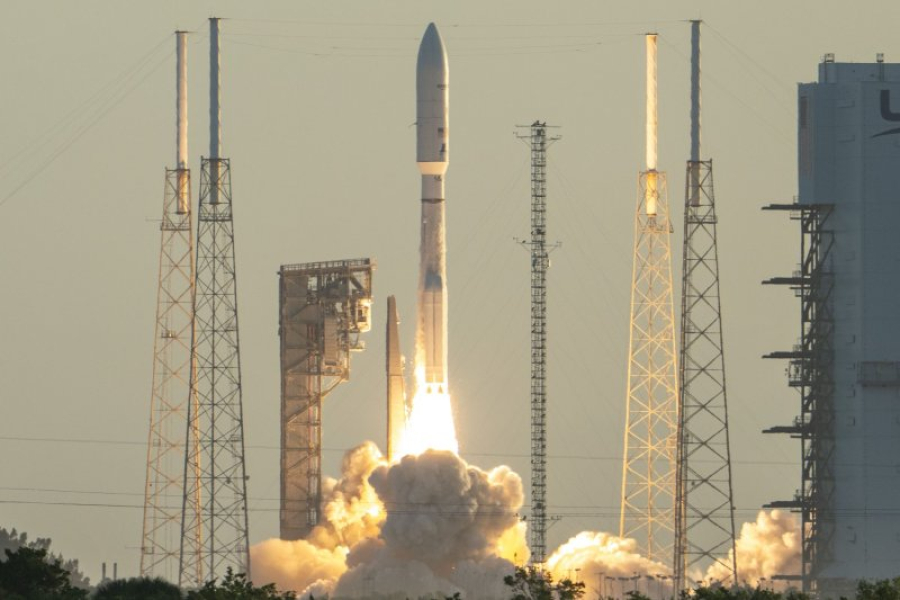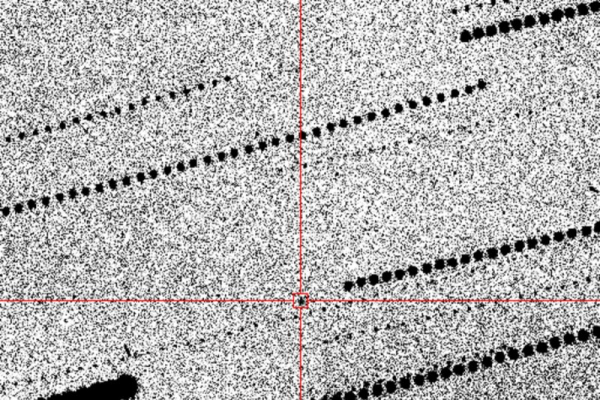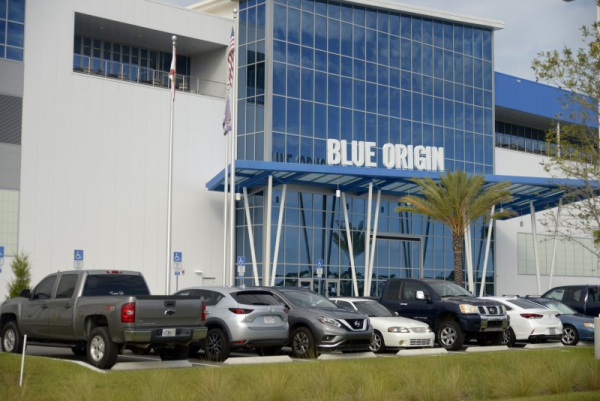
On Monday, United Launch Alliance successfully launched an Atlas V rocket carrying satellites for Amazon's internet constellation.
An Atlas V rocket launched from the Space Force's Cape Canaveral Air Force Station in Florida at 6:54 a.m. ET Monday, carrying 27 satellites that will be part of their Kuiper mission, which aims to provide internet service to customers around the world.
“We are proud to continue our strong partnership with Amazon and support their commitment to bridging the digital divide with trusted satellite technology,” said Gary Wentz, ULA’s vice president of government and commercial programs. “ULA, as a catalyst for global connectivity in partnership with Amazon, is enabling the launch of these important satellites designed to drive innovation and connect the world.”
ULA plans to launch six more Kuiper satellites before moving on to the “next-generation” Vulcan rocket as part of a program to build a constellation of 3,200 satellites.
This process is expected to be completed in about 80 launches over the next few years.
The Kuiper project is intended to compete with SpaceX's Starlink project, which is currently the largest constellation of internet satellites, with more than 7,600 active satellites in low Earth orbit.
China is also developing two different mega-constellations, Guowang and Qianfan, each of which plans to include 10,000 satellites.
ULA's next launch is for the U.S. Space Force, USSF-106, the first Vulcan mission.
Sourse: www.upi.com





